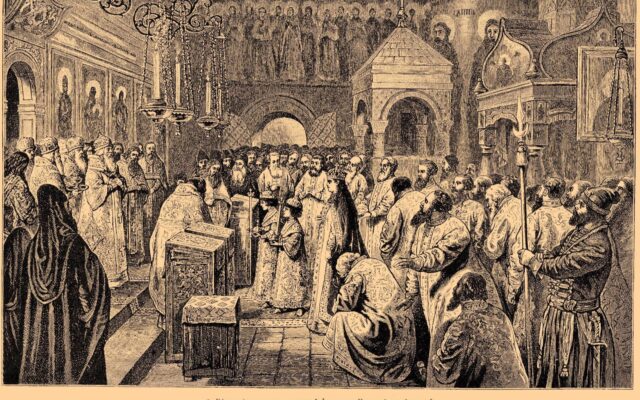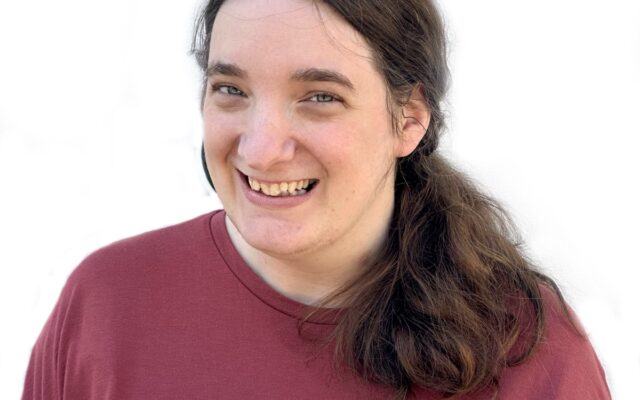 Searching for the truth about long-stay hospitals
Searching for the truth about long-stay hospitals
Funded by the Heritage Lottery Fund, the ‘Hidden Now Heard’ project is collecting oral histories from six long stay hospitals in Wales and turning them into temporary museum exhibitions. Project Officer Sara Pickard from Mencap Cymru and Project Manager Paul Hunt explain the background to this innovative quest to bring to light the concealed history of the ‘mental handicap’ hospital.
Sara Pickard explains the challenges of perception she has faced as a historical researcher with learning disabilities.
As someone with Down’s Syndrome I am frequently patronised; people try to buy me ice-cream, restaurant staff give me crayons. In these situations I am able to challenge but as an oral historian I cannot risk putting my subjects on the defensive.
During a consent meeting, a former nurse talked about his time at the hospital but only spoke about all the sex patients were having when I had left the room. It’s clear that some people are not going to tell a full and unbiased account of their history when I am the person asking the questions. As a project we have to take into account how people interact with me. In any other role in Mencap we would challenge perceptions but this project is about getting the best oral history we can. It would be interesting to do some more research about how perceptions of the interviewer affect the oral histories.
Paul Hunt writes:
As with any new project you often find that what was written in the bid needs some tweaking before delivery. Our project is collecting 80 oral histories and was supposed to focus on six long-stay hospitals for people with learning disabilities. We discovered that two of the six hospitals were in fact mental health institutions. We became aware of a number of staff who worked in the smaller hospitals around Wales. We were able to include these testimonies in the project and even add an extra exhibition in Ceredigion. The Heritage Lottery Fund has been very accommodating.
A former patient’s supporter said to me, “I hope you’re going to tell it like it was”. Those words threw me because I didn’t know if they meant the hospital was a happy or sad place (the truth, as always, is between the two). This represents our greatest challenge. On paper the project is about challenging the public’s perceptions around learning disability but we often have to challenge former staff’s perceptions of the project. We are not looking to uncover another scandal although we will of course report any concerns. Neither are we looking to paint a picture of institutions as successful models for care. Oral history isn’t about fact or fiction; it’s about a person’s individual truth and is as valid as any other kind of source.
‘Dragging up the past’
Many former staff declined to take part, not wanting to ‘drag up the past’. What we don’t know is if that phrase has been used because they have genuinely upsetting stories or if they have a perception of us ‘digging for dirt’. They may feel complicit in an imperfect system, fearful of judgement or having a sense of shame.
Our interviews reveal very mixed experiences. We have met staff who feel a genuine sense of nostalgia; who recognise the institutions had to be closed but also recognise people’s loss of community. Other staff saw that they worked in a system that wasn’t right or perfect and sought to change it from the inside. This latter group of staff seems melancholic; they were instrumental in changing attitudes and improving patient’s lives but were still part of a system that by today’s standards would be unacceptable.
‘Protecting’ people from their history?
There have also been challenges finding former patients. Some have passed away whilst others have memory issues or dementia. There are some who are ‘protected’ by staff and organisations, who at times seem to use what the Information Commissioner calls a ‘data protection duck-out’. We of course respect an individual’s choice but have concerns that often the choice is being made by staff.
We learned many things. We’ve improved our consent process to take into account a former patient’s emotional well-being. Some former patients have become upset after participation and some support staff aren’t equipped to identify when someone needs further intervention. We accept that our core responsibility is to give everyone all the information at the start to make sure they can make the right decision. We now give people information about well-being, PTSD and counseling services to allow people to deal emotionally with recalling traumatic memories.





